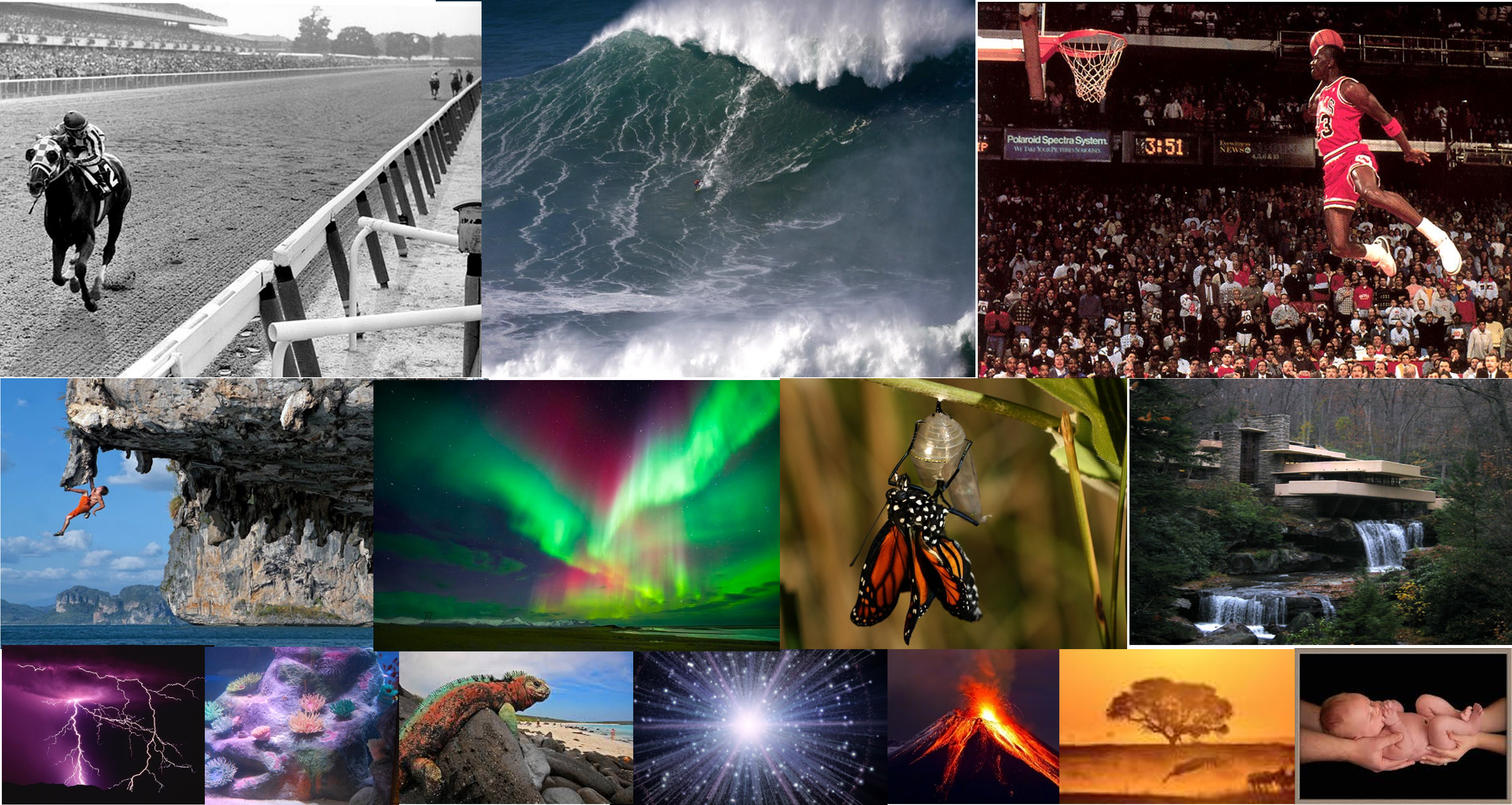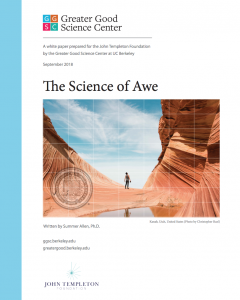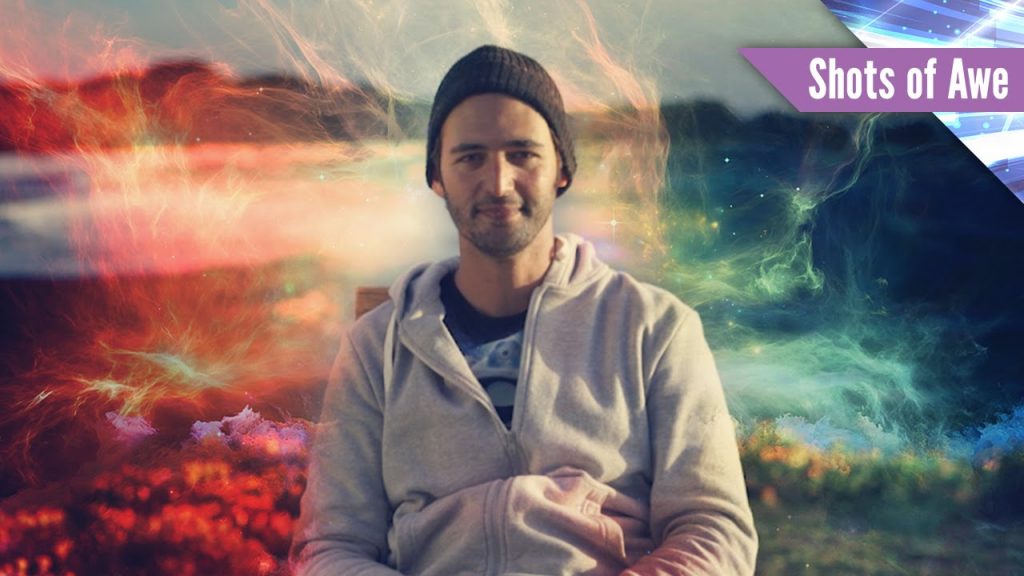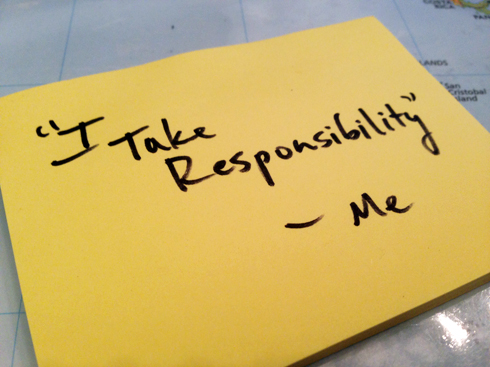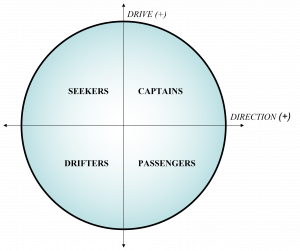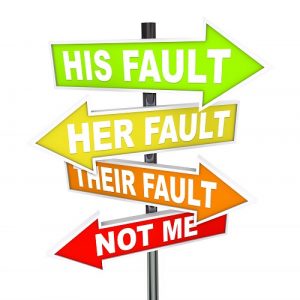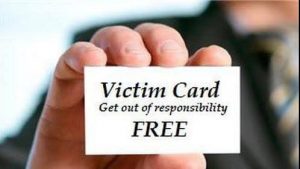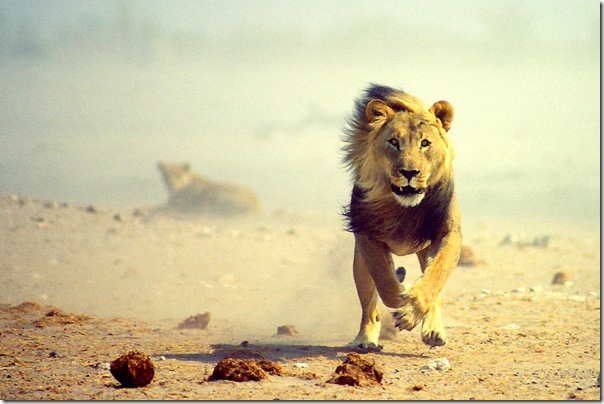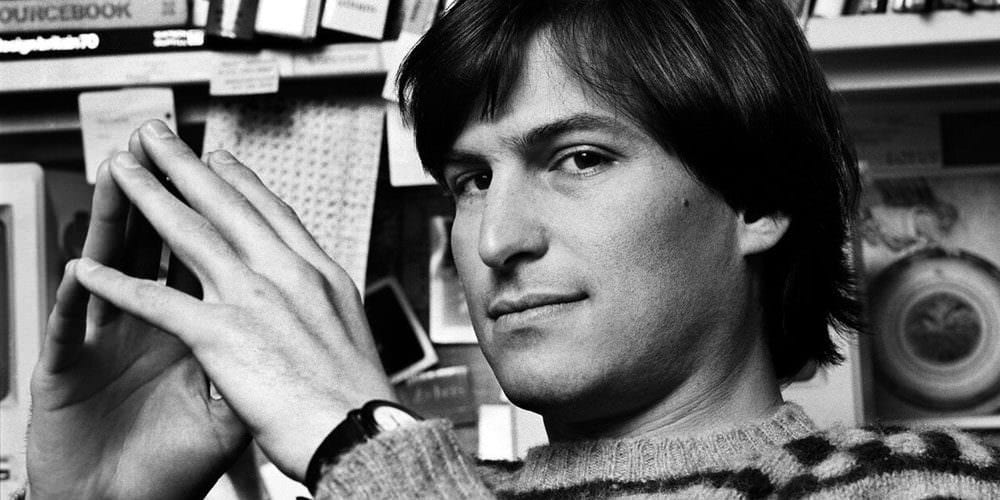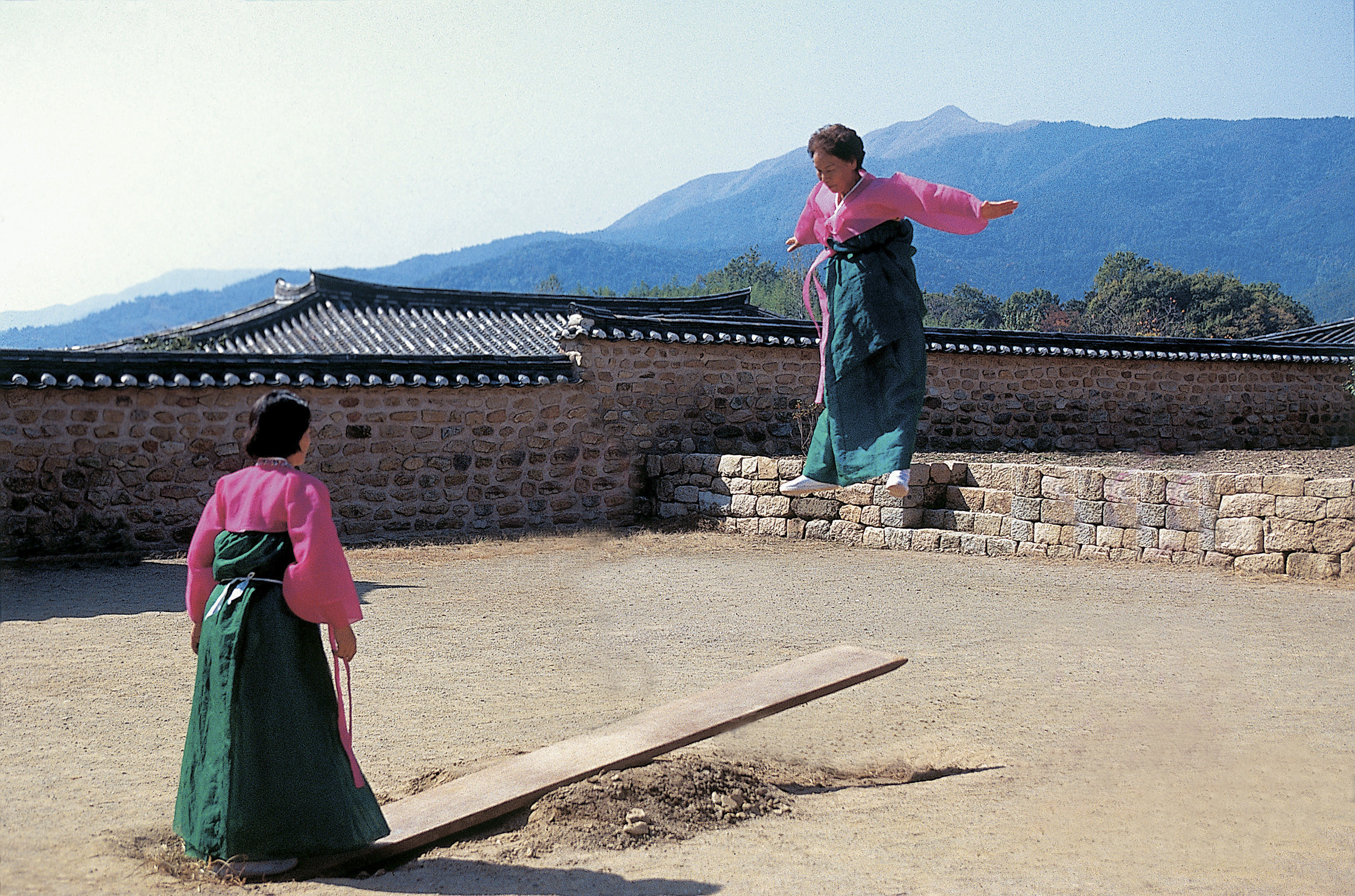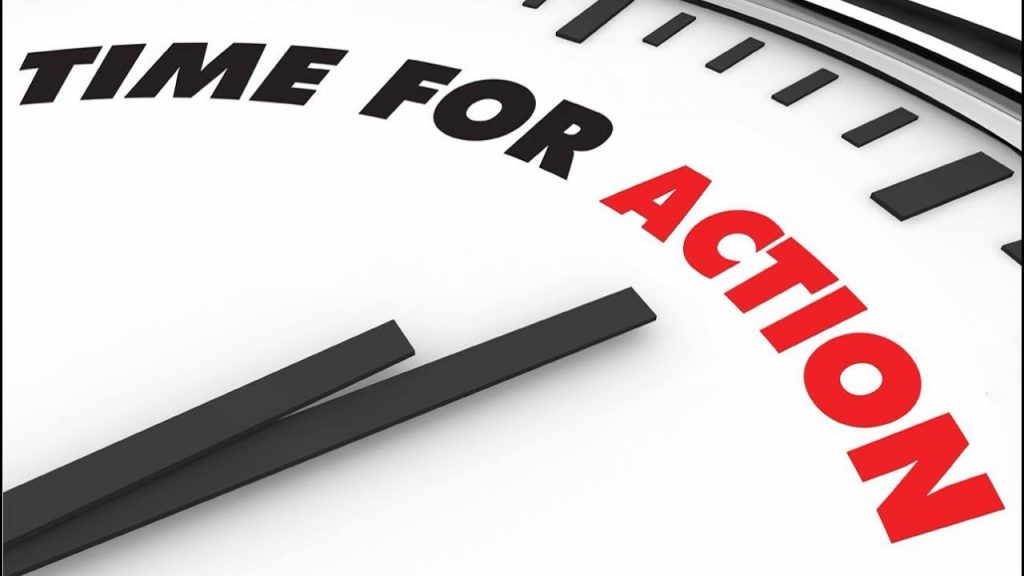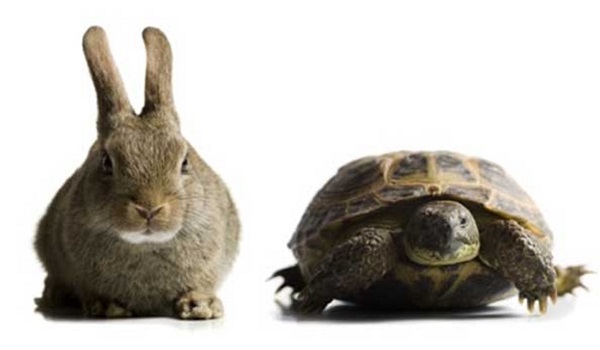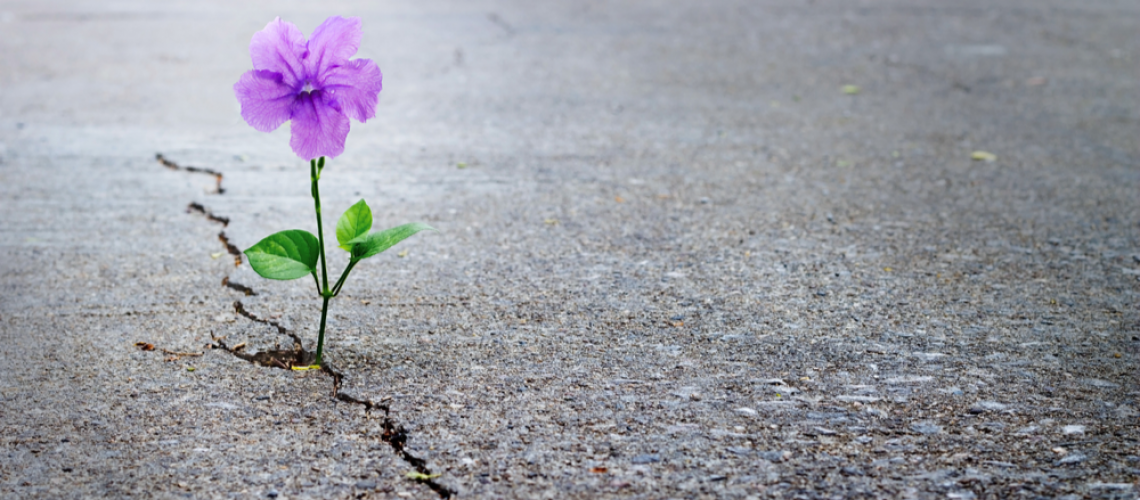When’s the last time you experienced awe?
It’s one of the most powerful emotions we can experience. A marker for life at its grandest.
Awe is what we feel when we encounter something so vast or incomprehensible that it defies our current frame of reference. It’s a feeling of reverential respect, often mixed with fear, wonder, veneration, or even dread.
Awe can be inspired by authority or by the sacred or sublime. Social psychologist Jonathan Haidt calls it “the emotion of self-transcendence.”
Awe gives us an experience of vastness, and of novelty and mystery. And it leaves an alluring and hauntingly beautiful lasting impression.
My Own Awe Experiences
When I think about my own experiences of awe, I’m humbled. They don’t come often, but they can make me shudder. I think about:
- being there with my wife when our daughters were born and feeling time stand still
- feeling a powerful, warm sense of love and connectedness during a candlelight vigil when our family members entered the room
- swimming among bioluminescent plankton in a magical bay in Puerto Rico
- staring out at the grandeur and near timelessness of the Grand Canyon
- gazing at the stars
- seeing multiple thunderstorms in the distance while driving across the Kansas plains with my wife
- walking between volcanoes and glaciers in Iceland and basking in natural geothermal pools amidst the ancient rolling hills
- looking up at the gargantuan redwoods in California
- staring out at the ocean horizon and at the view from a Colorado mountaintop
- witnessing the playful convergence of music, story, and thrilling acrobatic feats of a Cirque de Soleil show
- being part of a committed team and accomplishing something together that we barely thought possible
- reading an incredible masterwork that draws me in and feels like it speaks to me directly
- looking at our daughters when they’re in their element and reflecting on how much they’ve grown and changed
- contemplating the vastness of the universe and wondering how it can all possibly be
Awe may be rare, but there are ample opportunities for it if we’re open to it and paying attention.
It turns out that awe isn’t just an amazing feeling. It’s also good for us in a surprising number of ways.
The Benefits of Awe, The Power of Awe
Experiencing awe, as powerful as it is in and of itself, comes with a surprising number of benefits, including these ten:
- Making us feel truly alive, with wonder and gratitude
- Inspiring us to want to achieve or be part of something great
- Elevating our mood and increasing our happiness and wellbeing
- Putting things in perspective, especially when we get caught up in our own little dramas or ego, and boosting our humility
- Elevating us from mundane matters and dampening our materialism, essentially reordering our priorities
- Reducing our sense of time starvation, giving us a sense that time is plentiful and making us less impatient
- Connecting us more with others—and with humanity—and reminding us that we’re part of a greater whole
- Increasing our urge to be generous and to cooperate with and help others
- Helping us recognize the role that outside forces play in our lives (e.g., the influence of others, or luck)
- Potentially improving our health, including stronger immunity and lower levels of inflammation
So what can we do to invite more awe experiences into our frenetic and overly full lives? Or do we have to wait until lightning strikes?
Awe-Inspiring Activities
The Greater Good Science Center at the University of California at Berkeley developed this helpful list of awe-inspiring activities:
- Write about a personal experience of awe (the “awe narrative” practice)
- Take an “awe walk” (ideally in a new place, a natural setting that’s peaceful and quiet, or a place with a view)
- Watch an awe-inducing video
- Read an awe-inspiring story
(Tip: check out Jason Silva’s excellent “Shots of Awe” series on YouTube, perhaps starting with his “Awe” video.)
There’s much darkness in the world today. And we live in a culture of overwork, consumption, cynicism, and burnout. It can be a black hole that pulls awe into its vortex and smashes it into oblivion, if we let it.
It may be tempting to give in to these cold and dark forces and just go with the flow, chasing material success, comfort, pleasure, and prestige while letting awe slip away.
But how will that hold up when we look back on our lives? What will be the things we truly cherish? Powerful and profound, our experiences of awe may be some of the most precious and sacred we’re given.
“I felt deep within me that the highest point a man can attain is not Knowledge, or Virtue, or Goodness, or Victory, but something even greater, more heroic, and more despairing: Sacred Awe!”
-Nikos Kazantzakis, in Zorba the Greek
Reflection Questions on the Power of Awe
- When’s the last time you experienced a sense of awe?
- Is your life overly full and heavy right now, or are you open to small daily experiences of wonder?
- Do you savor these experiences, and feel grateful for them?
- What will you do to bring more awe opportunities into your life?
Tools for You
- Traps Test (Common Traps of Living) to help you identify what’s getting in the way of your happiness and quality of life
- Quality of Life Assessment to help you discover your strongest areas and the areas that need work and then act accordingly
- Personal Values Exercise to help you clarify what’s most important to you
Related Articles
Postscript: Quotations on the Power of Awe
- “The most beautiful thing we can experience is the mysterious. It is the source of all true art and all science. He to whom this emotion is a stranger, who can no longer pause to wonder and stand rapt in awe, is as good as dead: his eyes are closed.” -Albert Einstein, theoretical physicist
- “There is one means of procuring solitude which to me, and I apprehend all men, is effectual, and that is to go to a window and look at the stars. If they do not startle you and call you off from vulgar matters, I know not what will.” -Ralph Waldo Emerson
- “In all things of nature there is something of the marvelous.” -Aristotle, ancient Greek philosopher
- “We fit the universe through our brains and it comes out in the form of nothing less than poetry. We have a responsibility to awe.” -Jason Silva
- “The feeling of awed wonder that science can give us is one of the highest experiences of which the human psyche is capable. It is a deep aesthetic passion to rank with the finest that music and poetry can deliver. It is truly one of the things that make life worth living….” -Richard Dawkins, Unweaving the Rainbow: Science, Delusion, and the Appetite for Wonder
- “To be inspired is the ultimate antidote to existential despair.” -Jason Silva
- “If I had written the greatest book, composed the greatest symphony, painted the most beautiful painting or carved the most exquisite figure I could not have felt the more exalted creator than I did when they placed my child in my arms.” -Dorothy Day
- “The most beautiful experience in the world is the experience of the mysterious.” -Albert Einstein
- “Awe is the best drug in the world.” -Jason Silva
++++++++++++++++++++++++++++++
Gregg Vanourek is a writer, teacher, TEDx speaker, and coach on leadership and personal development. He is co-author of three books, including LIFE Entrepreneurs: Ordinary People Creating Extraordinary Lives (a manifesto for integrating our life and work with purpose, passion, and contribution) and Triple Crown Leadership: Building Excellent, Ethical, and Enduring Organizations (a winner of the International Book Awards). Check out his Best Articles or get his monthly newsletter. If you found value in this article, please forward it to a friend. Every little bit helps!

